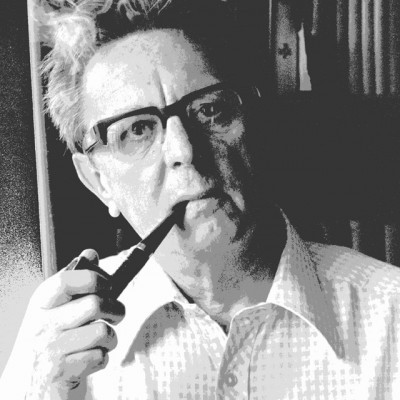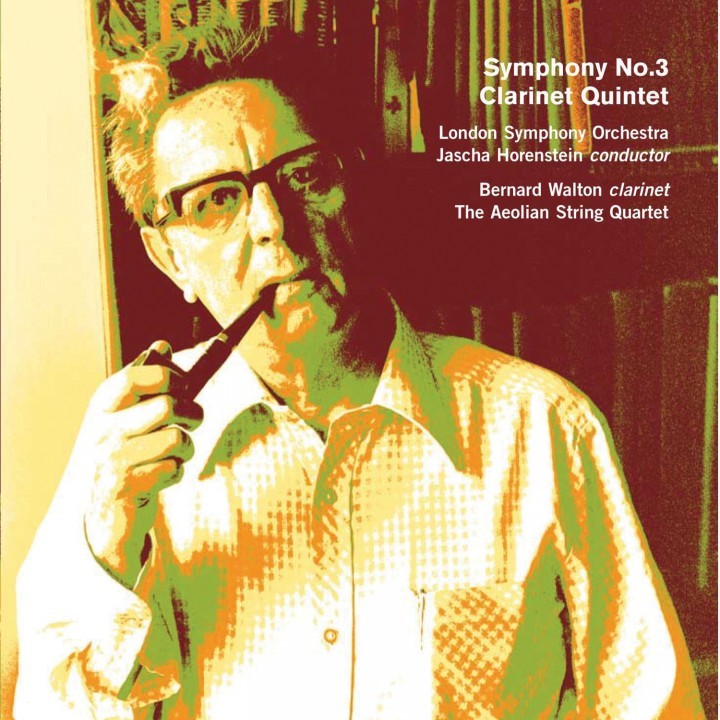Robert Simpson
Robert Simpson was educated at Westminster City School, and played in brass bands as a boy. His family initially intended him to be a medical doctor, and he served in a mobile surgical unit during World War II as a conscientious objector. During this time he studied music under Herbert Howells. He established the tonal basis of his compositional style after studying and rejecting serialism (writing and destroying four symphonies in the process). Interestingly, the inspiration for his characteristic use of tonal conflict came from Schoenberg.
His earliest surviving compositions include the Piano Sonata (1946) and the First Symphony (1946-51), for which he gained a doctorate in music from the University of Durham in 1951. In the same year he completed his First String Quartet, and his activities as the founder of the Exploratory Concert Society (in which he would play and discuss little known music that he found interesting) led to his joining the BBC as a broadcaster and producer.
In 1980, Simpson resigned from the BBC in protest at the corporation's musical policies concerning the Henry Wood Promenade Concerts. In 1986 he moved to Ireland, where he continued to compose. In 1991 he suffered a serious stroke that left him partially paralyzed. Despite this, he completed his Second String Quintet in 1995, and embarked on another string quartet, his sixteenth.
Robert Simpson was educated at Westminster City School, and played in brass bands as a boy. His family initially intended him to be a medical doctor, and he served in a mobile surgical unit during World War II as a conscientious objector. During this time he studied music under Herbert Howells. He established the tonal basis of his compositional style after studying and rejecting serialism (writing and destroying four symphonies in the process). Interestingly, the inspiration for his characteristic use of tonal conflict came from Schoenberg.
His earliest surviving compositions include the Piano Sonata (1946) and the First Symphony (1946-51), for which he gained a doctorate in music from the University of Durham in 1951. In the same year he completed his First String Quartet, and his activities as the founder of the Exploratory Concert Society (in which he would play and discuss little known music that he found interesting) led to his joining the BBC as a broadcaster and producer.
In 1980, Simpson resigned from the BBC in protest at the corporation's musical policies concerning the Henry Wood Promenade Concerts. In 1986 he moved to Ireland, where he continued to compose. In 1991 he suffered a serious stroke that left him partially paralyzed. Despite this, he completed his Second String Quintet in 1995, and embarked on another string quartet, his sixteenth.
Recordings by this composer
RecordingsRelated composers
Related composersExternal Links
Music Map
Discover more about the classical music of today with NMC's Music Map, and exciting and educational online tool which enables you to see and hear the connections between composers, their teachers, pupils, influences and their works.
Music Map

